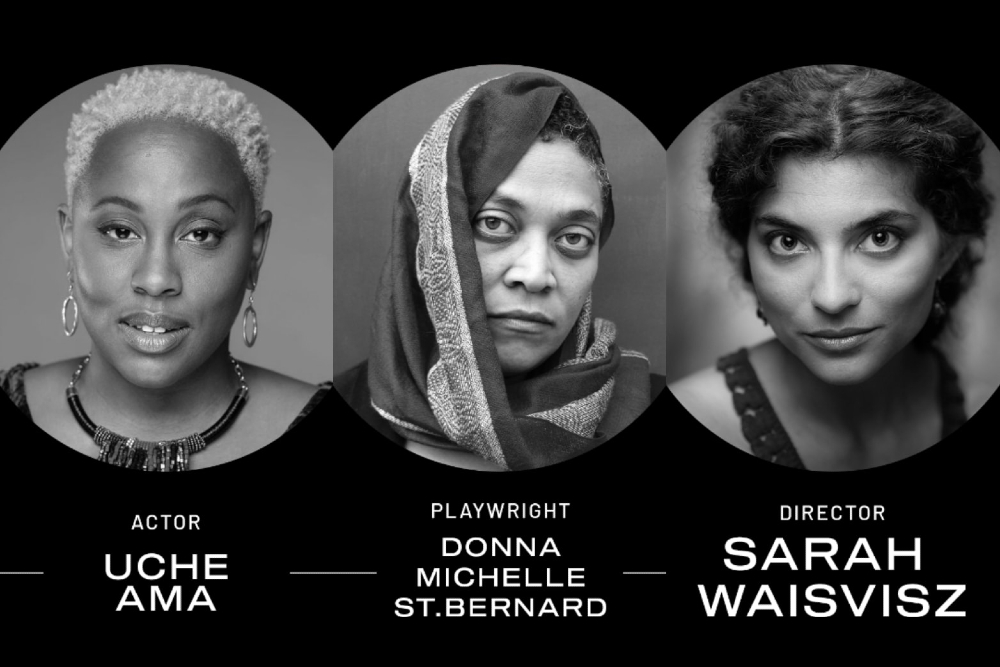Exploring the future of Blackness
February 25, 2021
Share

Over the past year, shocking killings by law enforcement and waves of activism sparked a mainstream discussion about ‘defunding the police’. At its core, the concept asks us to imagine if calling the police weren’t the only option during a crisis – an idea explored in a new short film called Witness Shift, directed by Queen’s assistant professor Sarah Waisvisz for Obsidian Theatre and CBC’s 21 Black Futures.
The 21 Black Futures is a theatre-film anthology project that united 21 Black directors with 21 Black playwrights, and 21 Black actors to create 21 monodramas exploring the question: What is the future of Blackness?
“This project was so life-giving,” says Dr. Waisvisz, whose scholarly work has explored Afro-Caribbean traditions, community, ritual, and storytelling. “I can’t tell you how amazing it was to work on something in the company of so many Black and BIPOC creators all committed to the same vision of honouring and uplifting the Black-Canadian experience.”
Her film, written by acclaimed Canadian playwright Donna-Michelle St. Bernard, stars Uche Ama as a senior emergency services dispatcher – called a Witness – as they train a new recruit on how to respond to emergency calls. Ama’s character fields calls from people experiencing a range of problems – anything from a request for protection to a lost dog or mental health distress – dispatching social workers, therapists, activists, or community supports as each situation demands.
“Isn’t there another way to serve and protect our communities so we can meet the needs of the most vulnerable?” reads Dr. Waisvisz’s director’s note on the CBC website. “This play offers us a model to explore the steps we need to take to transform our society so each of us can truly be seen in our full humanity.”
Dr. Waisvisz also directed the entire film via video call – an experience akin to her new role as a faculty member of the Dan School of Drama and Music.
“I am thrilled to be part of a dynamic department and to teach inspiring students, but of course being a pandemic-year new faculty member means my life is all Zoom, all the time,” says Dr. Waisvisz, who joined Queen’s in July 2020. “I am amazed though by how much intimacy is nevertheless possible through video call if trust is built and nurtured – whether it be with actors or students. It’s not simple, but I’m so glad to be able to create meaningful work and engage meaningfully with my students even from afar.”
In addition to her position at Queen’s, Dr. Waisvisz is an accomplished playwright and performer. She continues to tour her solo show Monstrous about mixed-race identity, and her play Heartlines, about fighting white-supremacy and fascism, opened at Ottawa’s Undercurrents Festival to sold-out audiences.
You can view Dr. Waisvisz’s film Witness Shift on CBC Gem as well as the entire 21 Black Futures project.